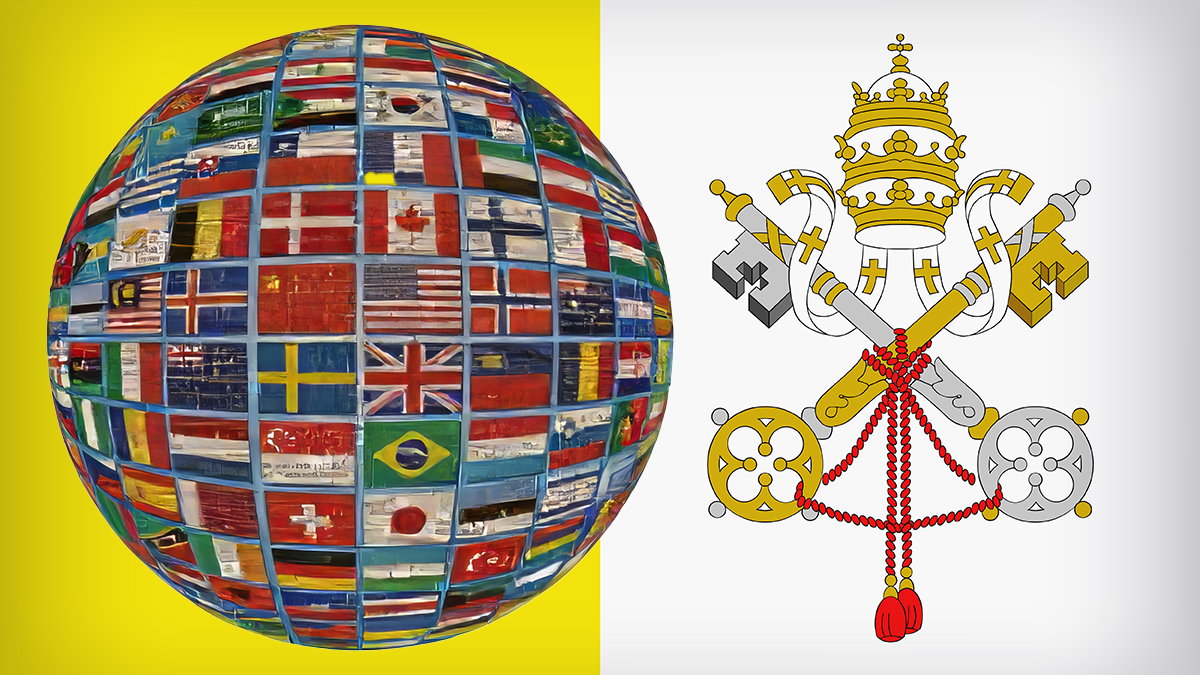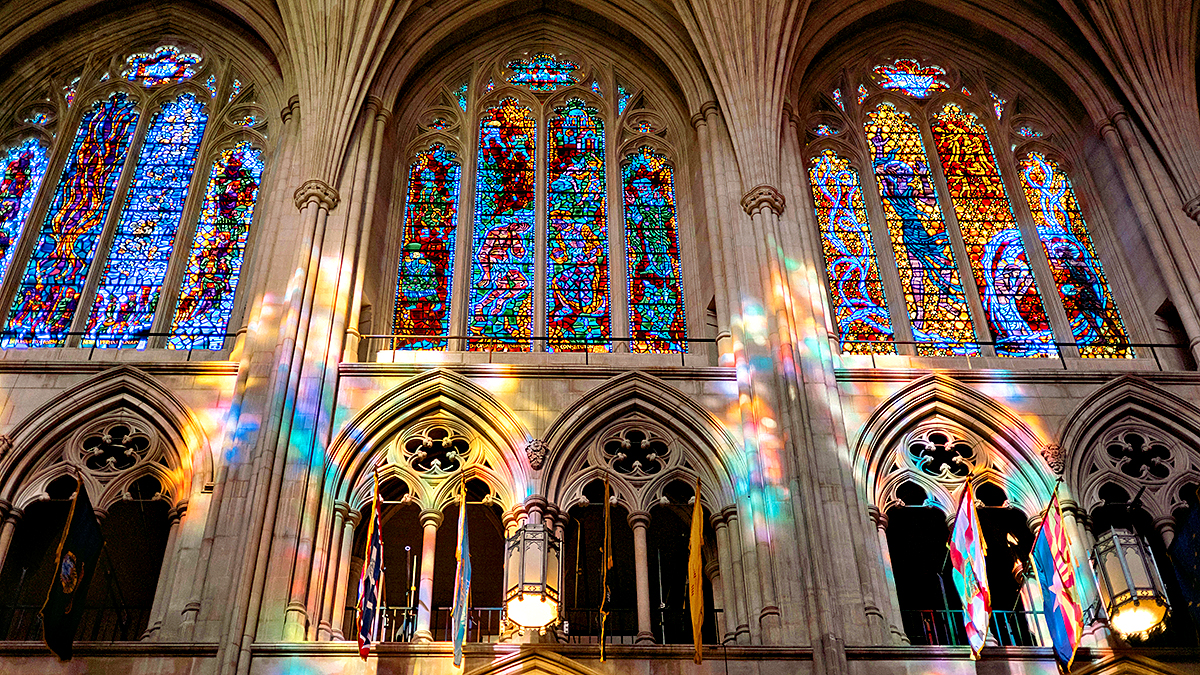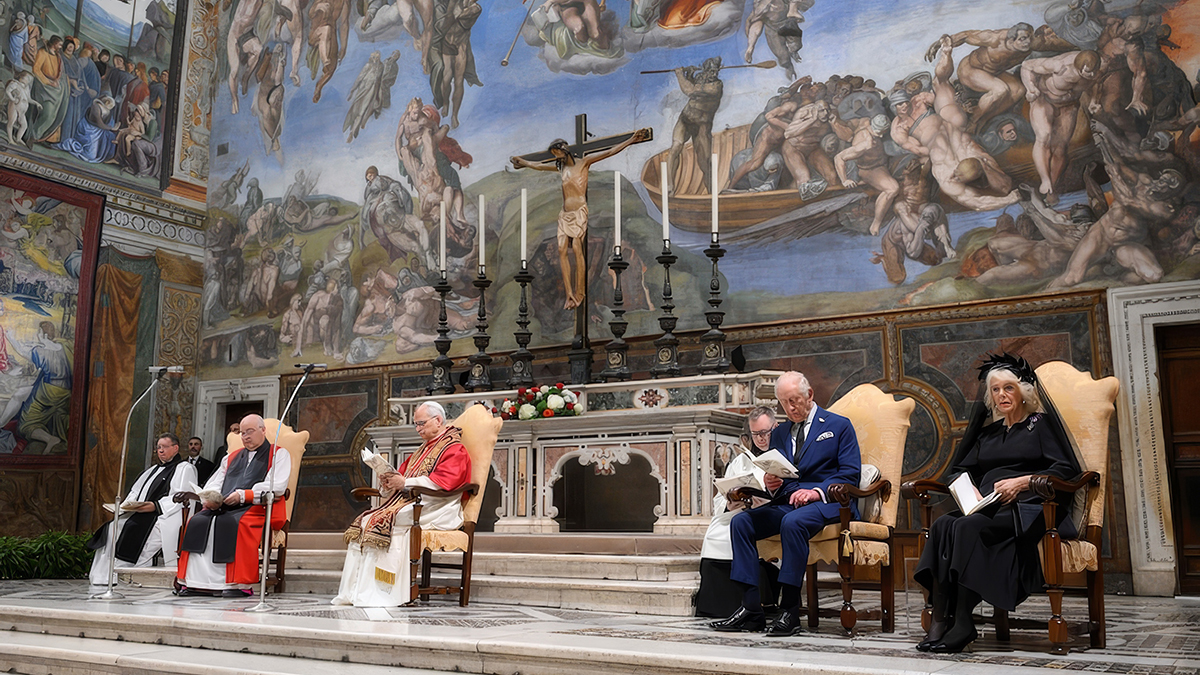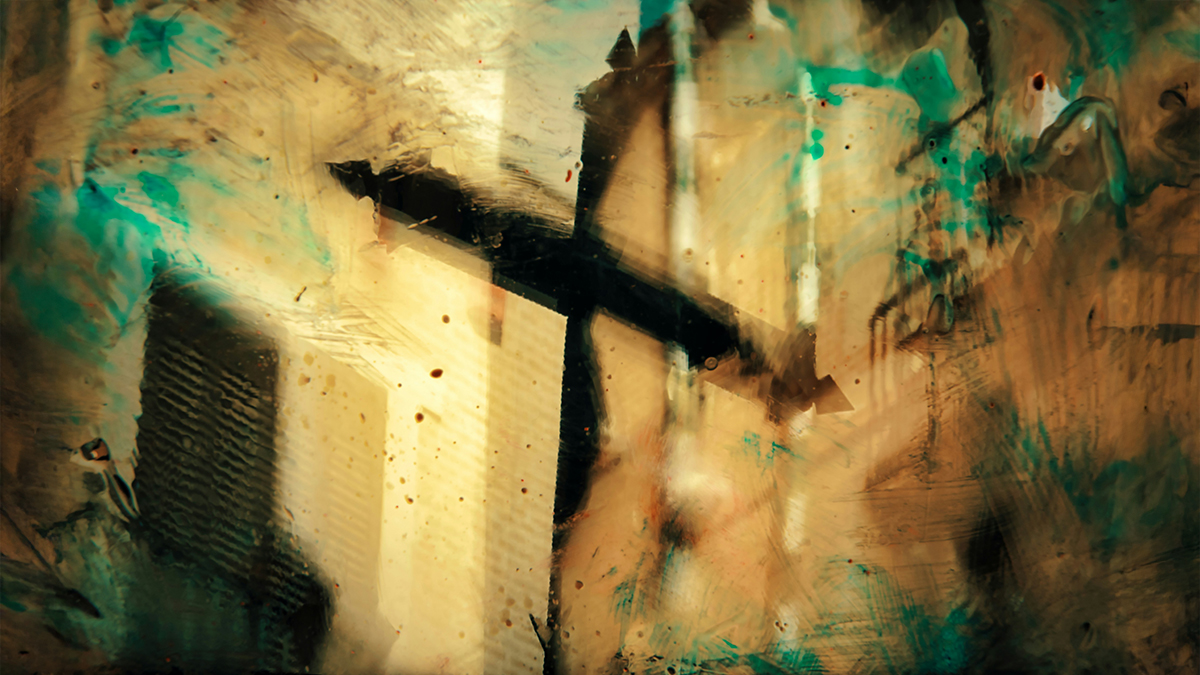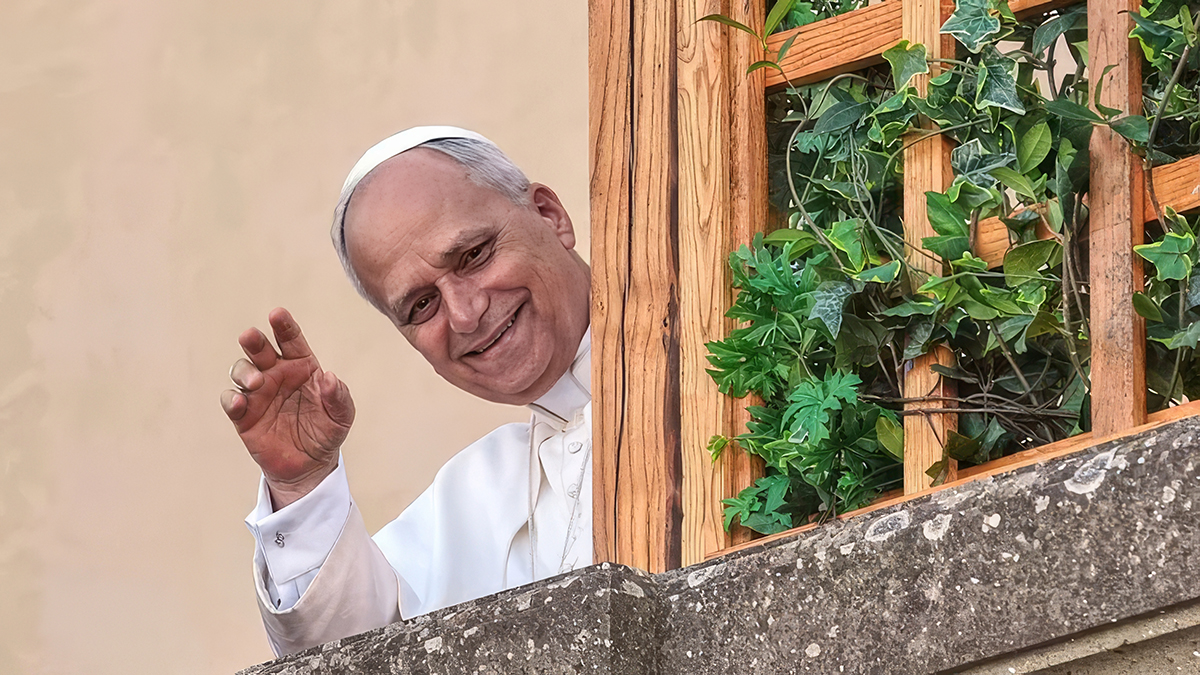JP Grayland
-
Rethinking parish life
The Catholic parish once stood as the Church’s neighbourhood heartbeat. Today, that model no longer fits. From Canada to New Zealand, the shift from “maintenance to mission” is taking hold. Lay-led communities, family-of-parishes, and digital ministries are showing that faith can flourish even where buildings close.
-
Blessing love without betraying doctrine
The Church faces a defining question: can it bless love without betraying doctrine? What began as pastoral care now challenges the very grammar of Catholic worship — for in the Church, what is blessed becomes a revelation of belief.
-
Reconciliation finds voice in the Sistine Chapel
Under Michelangelo’s ceiling, Pope Leo XIV and King Charles III shared a moment unseen for 500 years — a British monarch praying with a pope. Their quiet gesture beneath the Last Judgment echoed across centuries of division, offering a glimpse of Christian unity reborn.
-
Romanticising the past risks the future
The risk of nostalgia lies not in tradition itself but in romanticising fragments as the whole truth. If Germany builds on a dream of GDR life, or Catholics cling to an imagined golden age, both risk turning truth into museum relics.
-
Are women more aware of Spiritual Abuse?
Spiritual abuse was defined as a misuse of power. It occurs when leaders claim to represent God and demand obedience without question. Subordinates often believe conformity is equal to holiness, making this kind of abuse destructive, insidious, and difficult to challenge.
-
Francis was the jewel, Leo must be the jeweller
The jeweller’s challenge: cut too much, and brilliance is lost; cut too little, and promise remains unfulfilled. For Leo XIV, the coming months will reveal his willingness to take those risks.
-
Can a sinful Church heal?
Augustine’s Corpus Mixtum teaches that the Church is made of both saints and sinners. Redemption, he argued, is not about institutional purity but about divine mercy working through imperfect people—a message sorely tested by systemic failures and abuse.
Get Flashes of Insight
Donate
All services bringing Flashes of Insight are donated.
Significant costs, such as those associated with site hosting, site design, and email delivery, mount up.
Flashes of Insight will shortly look for donations.

